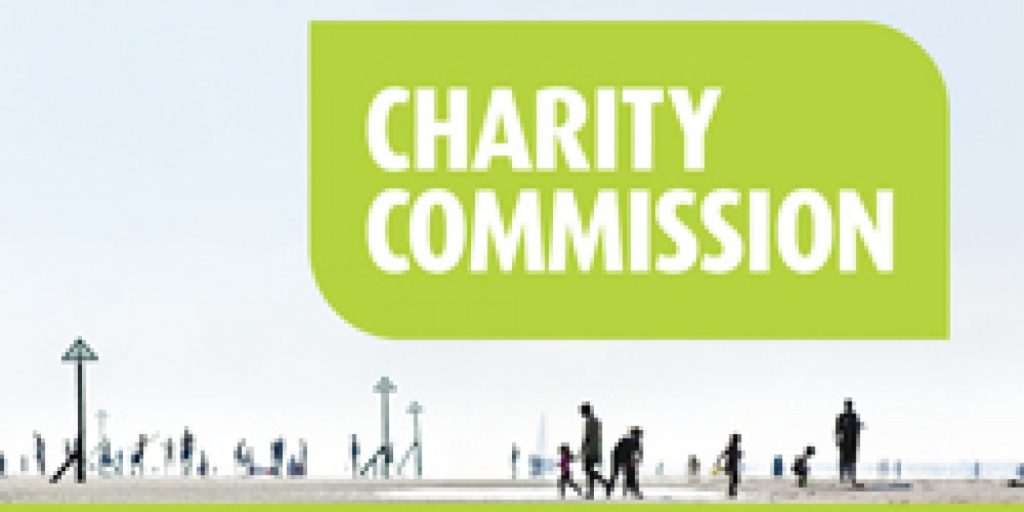IHRC has launched a campaign to help protect mosques from being bullied by the charities’ regulator in England and Wales into adopting policies that limit their ability to speak and preach aspects of Islam to their congregations.
The move follows a rise in the number of mosques and Islamic institutions reporting being harassed by the Charity Commission after being reported for so-called extremism.
The standard modus operandi is for the Commission to intervene after malicious complaints are levelled by secularists, Zionists or far right activists accusing mosques of extremism for promoting or sanctioning views that challenge the liberal secular orthodoxy.
Many mosques operate under charitable status making them vulnerable to any abuse of power. Complaints are often based on the flimsiest of contexts but are used as an justify wide-ranging and intrusive investigations, going well beyond the original complaint against the charity and pressurising them to make reforms that go beyond what is required by the law such as adopting a speakers’ policy and/or drawing a list of approved speakers.
In many cases, the complaints are part of a concerted campaign by Islamophobes or pro-Israel advocates seeking to silence Muslims.
In May this year, the Commission appointed a non-Muslim interim manager to run the Islamic Centre of England in Maida Vale, London, which serves as a mosque and a hub for religious activities. The move followed a concerted campaign of complaints by secularists, neoliberals and Zionists who see the Centre as a source of criticism of their views and activities.
In 2021 the Commission also imposed an interim manager at the Birmingham-based Dar Ul Uloom Islamia Rizwia after a trustee shared a post on Facebook praising a recitation of the Quran by the Taliban. The same trustee has also criticised Israel for killing children and the power wielded by the Zionist lobby group, AIPAC, in the United States.
In 2019 three mosques in the north of England were investigated after they attracted complaints from the National Secular Society for “promoting extremism” in posting links to articles articulating the condemnatory stance of Islam towards homosexuality and its conservative positions on marriage.
It is not the business of the state to attempt to dictate to Muslims the content of their religion or to tell them what parts of it they can publicly express or discuss. Islam has a fourteen-century old tradition of scholarship that has defined the religion for its adherents and it does not need outsiders, let alone an Islamophobic state, to interfere in that role.
It is part of an unashamed attempt to reset the parameters of the Islamic faith by using public policy to reshape the way that Muslims think and behave. The British state does not do this for other religions and it should not be allowed to try and do it for Islam either.
We believe these cases only scratch the surface of a growing problem and are appealing to all mosques and Islamic institutions who have been approached, bullied or investigated by the Charity Commission to get in touch with our advocacy department.
IHRC chair Massoud Shadjareh said: “We are overwhelmed by the number of mosques and community leaders coming forward to support this campaign and we ask all Islamic institutions who have been put under undue pressure to contact us so we can support them and gather evidence in order to expose the extent of this unwarranted and unjustified behaviour.”
For further information please visit our dedicated campaign page, Protect Your Mosque, Protect Your Deen.



